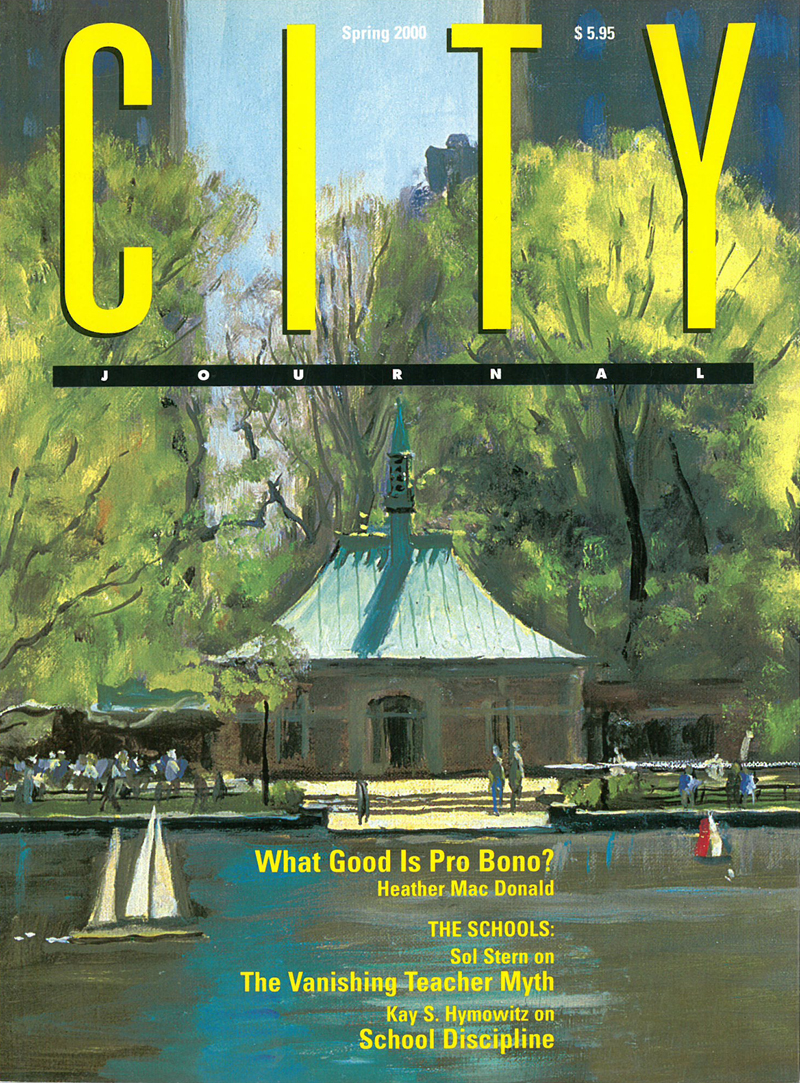The question of whether to allow boxer Mike Tyson into Britain posed an excruciating dilemma for the nation's politically correct. Should Britain welcome him as a black hero or exclude him because he is a convicted rapist? Was it more important to express one's sympathy for a downtrodden minority or a downtrodden gender?
Finally, a reason to check your email.
Sign up for our free newsletter today.
British Home Secretary Jack Straw, an important figure in a Labour government that prides itself on its fastidiously up-to-date ethical standards, ultimately had little doubt. Conceding that under normal circumstances Britain would not have allowed a convicted rapist like Tyson to enter the country, officials would make an exception in his case because a lot of small businesses in Manchester, where he was to fight, would lose money if the sold-out event were called off.
So Iron Mike entered Britain and soon garnered much attention. In Brixton, a predominantly West Indian London neighborhood, admirers mobbed him. With police help, he escaped and then made a speech from the balcony of the town hall to the adoring throng below.
Not everyone enjoyed his visit, however. The head of the Brixton borough council voiced his disapproval, and many commentators expressed disgust at the sight of a thuggish rapist treated as a hero. They sensed that this was an unhappy cultural augury.
What did it signal? A radio interviewer asked the sportswriter of a black newspaper why Tyson had drawn far bigger crowds than did Lennox Lewis, a black boxer living in England, even after Lewis had returned home with the world title. The writer replied that people liked Tyson because he was "a bad boy, a street boy," in contrast to Lewis. Lewis never has had trouble with the police, still lives at home with his mother—whom he reportedly reveres—and generally conducts himself in a decent, civilized, and gentlemanly manner. He is a true sportsman (see "Bring Back Sportsmanship," page 44)—and therefore, the writer implied, a traitor to his race.
Besides, the writer said, the crowd of Tyson's admirers didn't truly believe he was responsible for his crime, despite his conviction and his own admissions. Instead, they identified with his flawed nature—as if the flaws in question were mildly amusing foibles of no moral import. To rape is human, apparently, to forgive divine.
Tyson defiantly said that no one—certainly not the borough council—could tell him anything about how "the brothers" felt. Not surprisingly, perhaps, he omitted to mention the sisters' feelings. It was difficult to escape the conclusion that the crowds admired Tyson not despite but because of his vile conduct and criminality. Evil, be thou my good.
